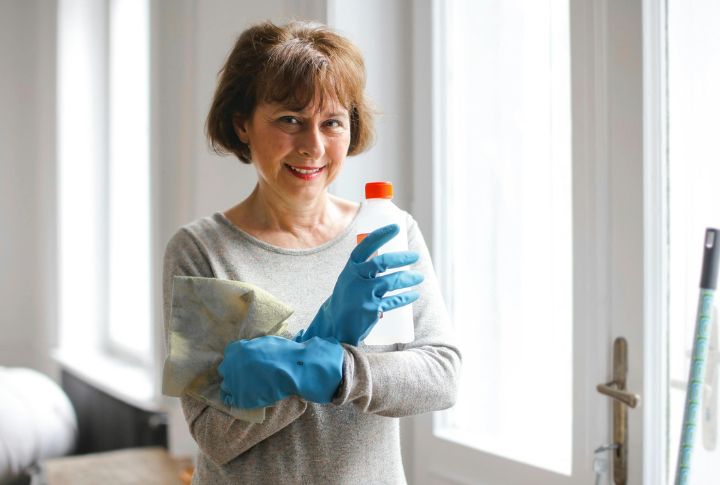
Homes run on habits—many inherited, others improvised. People often follow traditional tips without questioning their origins. But not everything that sounds helpful actually holds up. Some household “truths” turn out to be fiction once tested. Let’s bust 20 such everyday myths hiding in plain sight.
Bleach Cleans Everything
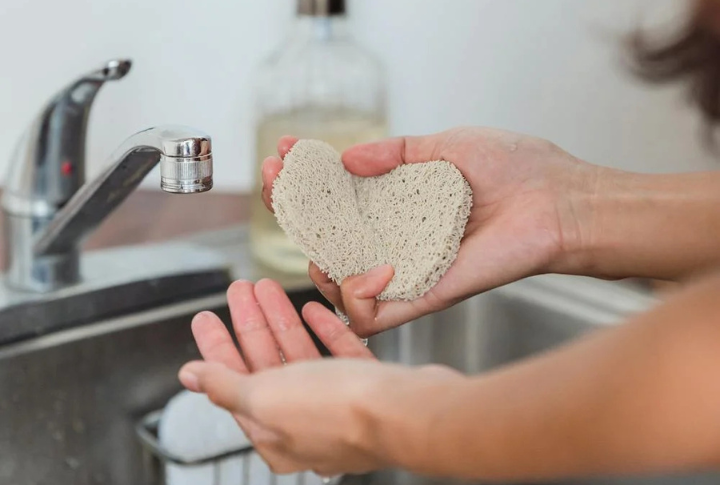
Disinfecting isn’t the same as cleaning. Bleach eliminates germs but doesn’t lift dirt or grime from surfaces. For a thorough clean, soap and water come first. Then, if needed, bleach can be used to sanitize. Skipping that first step leaves behind a residue that often goes unnoticed.
More Detergent Means Cleaner Laundry
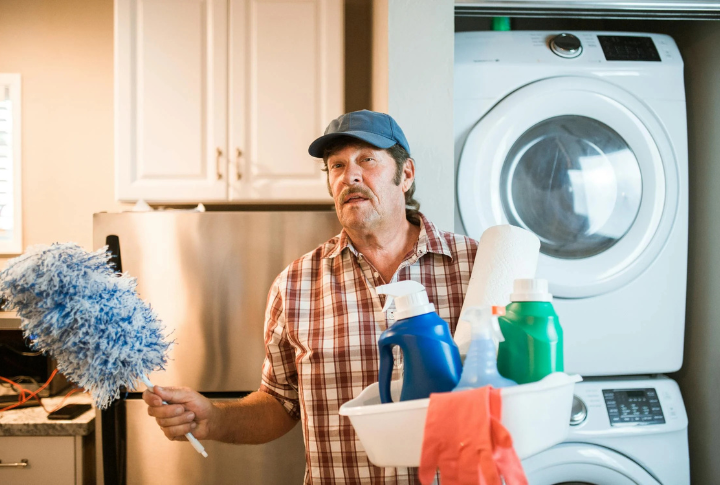
Extra suds don’t equal extra clean, even if it feels satisfying. They can leave residue on clothes and mess with the washer with clogged pipes. High-efficiency machines are susceptible to excess soap. So, stick to the recommended amount for the best results and fewer issues with buildup or smelly machines.
Clothes Need Hot Water To Come Out Truly Clean
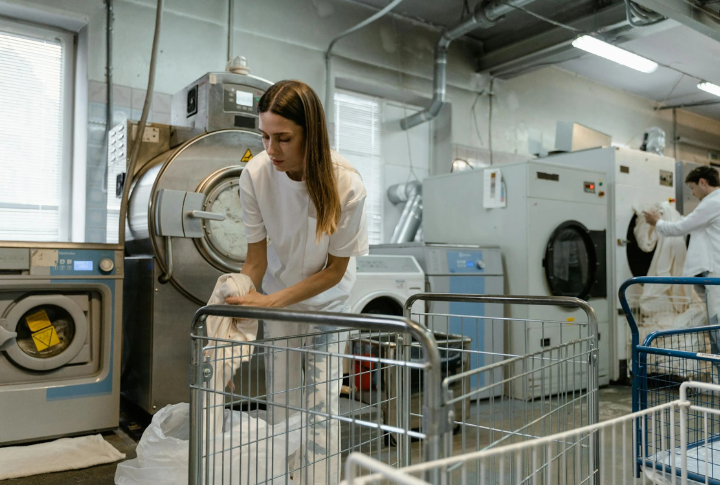
Lower temperatures can clean clothes just as well with today’s detergents and cycles. Cold water helps fabric last longer and removes common stains effectively, such as food spills or sweat, all while using less energy and reducing wear. Hot water is still necessary for specific tasks, but not for everyday loads.
Houseplants Purify Indoor Air
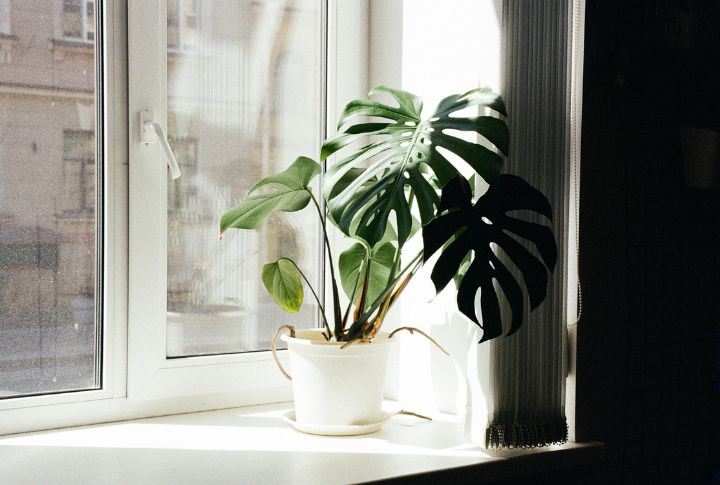
While ferns are great to look at, don’t expect them to clean your living room air. Yes, some studies have shown that plants can absorb toxins, but it would take hundreds to make a real difference. To improve your home’s air quality, consider upgrading your filters.
Vinegar Is A Disinfectant
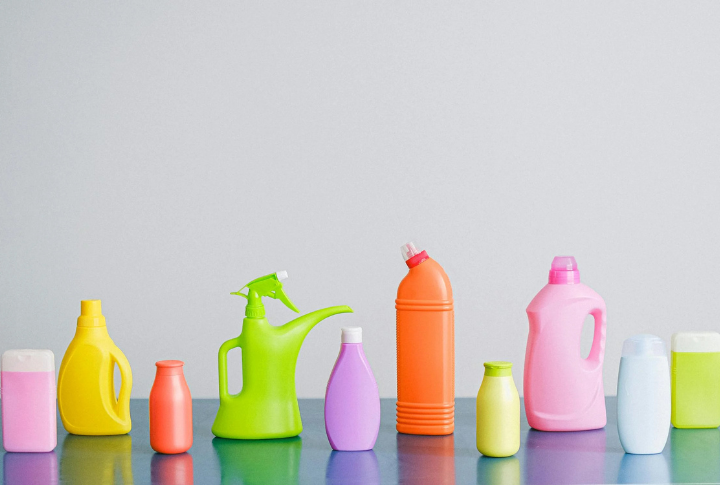
For reliable disinfection, stick with approved products and follow the label instructions carefully. Although vinegar can eliminate some germs on surfaces, it doesn’t match the strength of EPA-registered disinfectants. It helps cut grease, deodorize, and do mild cleaning, but it won’t handle serious bacteria or viruses.
Microwaves Zap Nutrients Out Of Food

Steaming in a microwave can be one of the healthiest ways to prepare food. An oven is not the nutrient thief people often assume it is. Cooking in a microwave preserves nutrients more effectively than many traditional methods, thanks to shorter cooking times and reduced water usage. This process retains more vitamins in food.
Ceiling Fans Cool The Room

Ceiling fans don’t lower the room’s temperature; they circulate air. That breeze cools your skin by speeding up evaporation, which creates a cooling effect. When you leave the room, turn them off to avoid wasting electricity. Fans are for comfort, not to change the temperature of the air.
You Can Eliminate Mold With Bleach
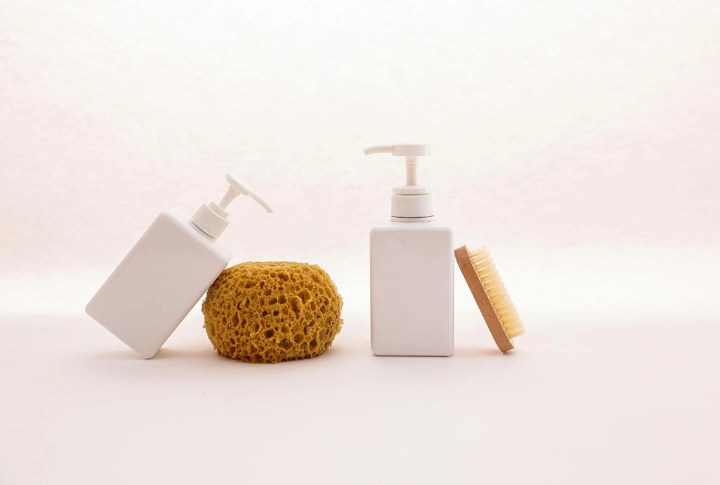
It only works on non-porous surfaces. Bleach can’t penetrate drywall or wood, so the mold may grow back even if the surface looks clean. For deep mold problems, mold removal and surface sealing are usually necessary. Otherwise, spores hang out just below the surface.
Dishwashers Waste More Water Than Hand-Washing

Modern dishwashers use less water than hand washing, especially if you leave the tap running. Energy-efficient models use under four gallons per load. Skip the pre-rinse and run full loads to make the most of it. Your hands and water bill will thank you.
Coffee Grounds Clear The Drains

They might seem harmless, but they clump together over time and stick to the residue already in the pipes. Combined with grease or soap, they can form blockages deep in your plumbing system. So, tossing coffee grounds in the trash or compost pile is far safer for your sink.
Leaving The AC Or TV Plugged In Doesn’t Waste Power
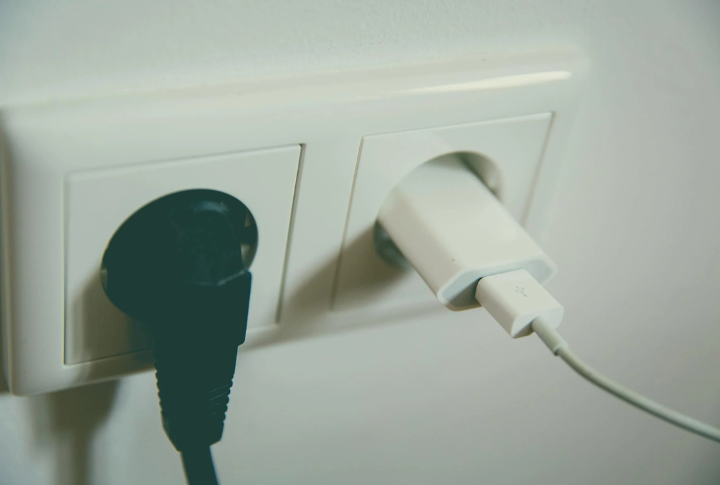
Many devices draw electricity even in standby mode, whether or not they’re in use. Air conditioners, chargers, TVs, and gaming consoles use idle power, which adds up over time on your bill. Therefore, use smart plugs or unplug your gadgets when not in use. This can help reduce waste and save energy consistently.
You Should Shampoo Daily

Most scalps do not require frequent washing. Overwashing can strip natural oils, leaving hair dry or frizzy. Two to three times a week (depending on hair type and lifestyle) works for most people. For oily hair, a rinse or dry shampoo can fill the gaps.
Wooden Floors Can Be Mopped With Water

Too much moisture can warp and dull wood over time. Even sealed hardwood isn’t fully waterproof. You will need a damp cloth or a specially formulated cleaner to clean this surface without using excessive water. Then, right after cleaning, dry the floor. It helps prevent long-term damage that occurs when wooden surfaces remain wet.
Toilet Water Swirls The Other Way In The Southern Hemisphere

The Coriolis effect isn’t strong enough to influence your toilet. The swirl depends on the toilet’s design, not its geographical location. So, whether you’re in Texas or Tasmania, that spin direction has more to do with plumbing than physics and nothing to do with where you live.
Baking Soda And Vinegar Unclog Drains
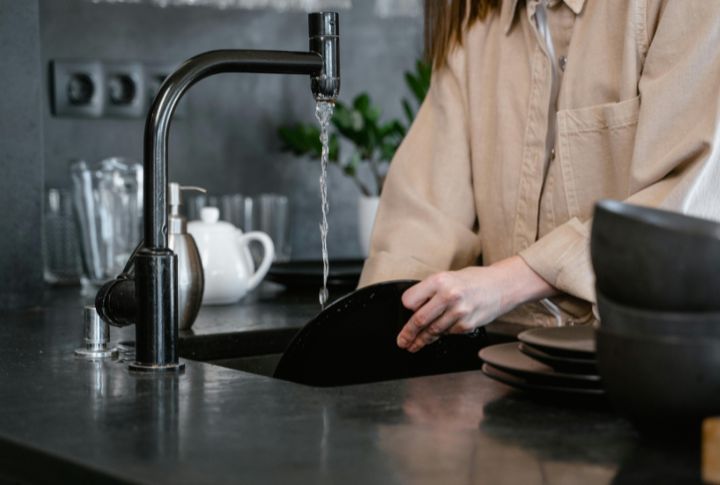
This fizzy combo might loosen light gunk, but it’s no miracle cleaner. The reaction isn’t powerful enough to clear severe blockages. It creates carbon dioxide and water, not a strong drain-busting force. For tough clogs, a snake or an enzymatic cleaner works better.
Dryer Lint Traps Catch Everything
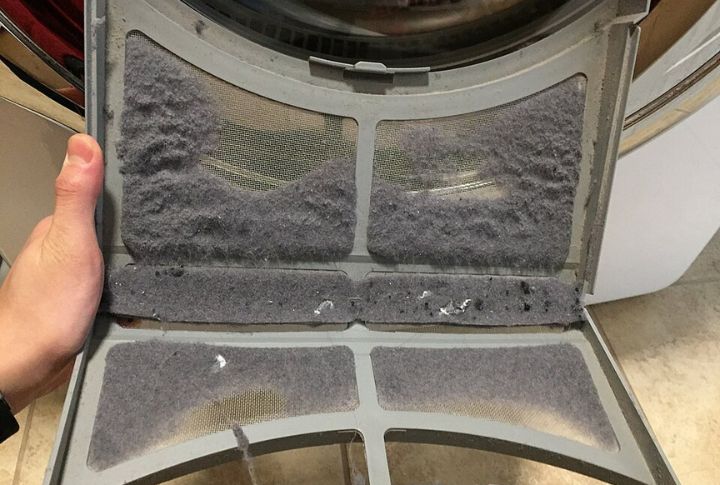
They catch a lot, but not all. Fine particles and buildup can infiltrate the vent hose, reducing efficiency or posing a fire risk. Cleaning the lint screen helps, but giving the dryer vent a deep clean every few months is just as important.
Closing Vents Saves Energy
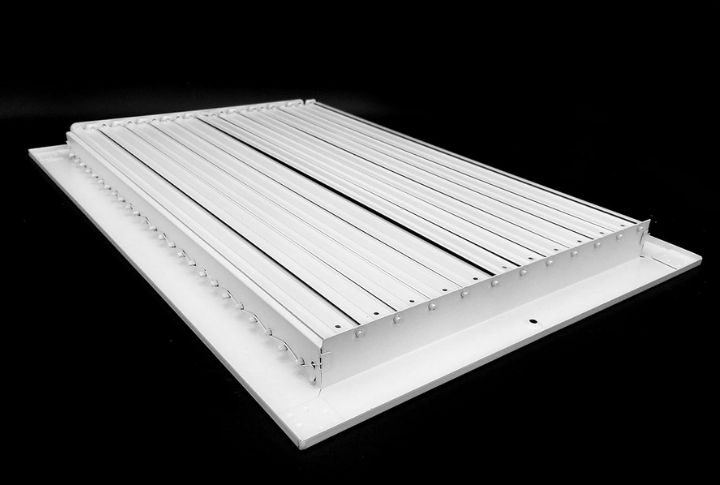
It may seem wise, but closing vents can increase pressure in your HVAC system and disrupt airflow. That added strain can cause leaks or damage over time. Instead of sealing off rooms, adjust the thermostat or use zoned systems for better control.
Leaving The Lights On Is The Right Thing To Do
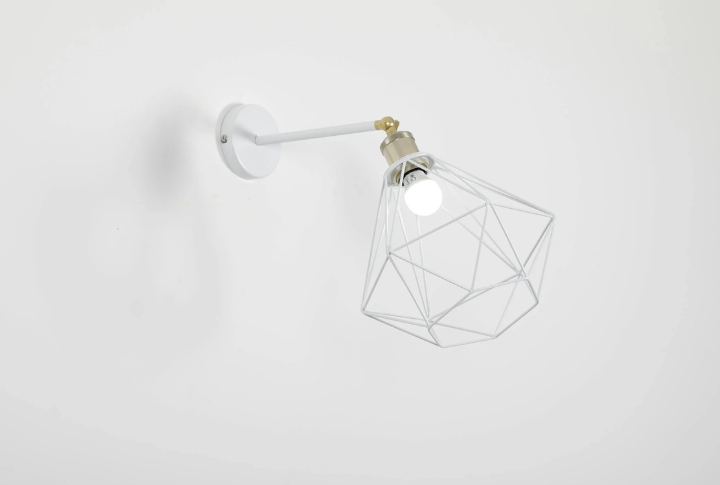
Some think that turning lights off and on wastes power and wears them out more quickly than leaving them on. That might’ve been true for old fluorescents, but it’s not true today. Modern bulbs, mainly LEDs, use barely any power to start up, so turning them off saves energy.
You Can’t Clean A Cast-Iron Pan With Soap
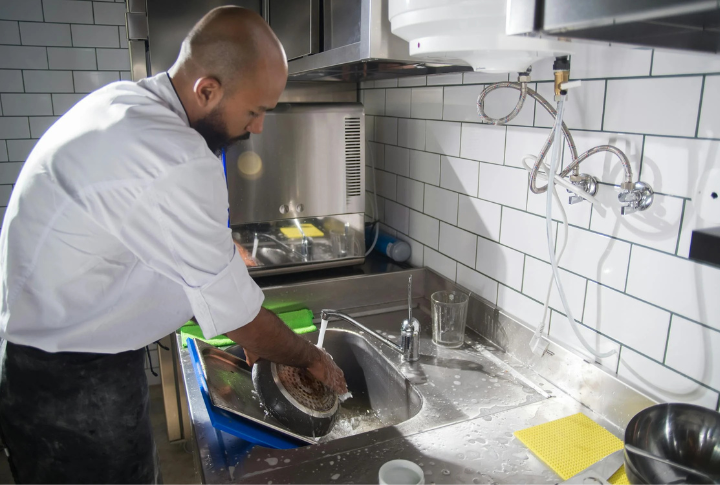
This old belief came from soaps being stronger and seasoning wearing off easily. Modern dish soap is much milder and won’t harm a well-seasoned surface. A gentle wash helps keep cast iron clean while preserving the nonstick layer built through regular cooking.
Boiling Water Removes All Impurities
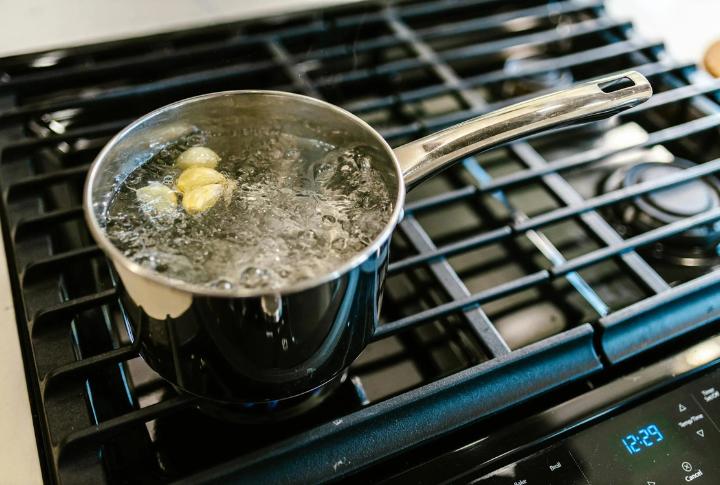
Boiling water kills most bacteria and viruses but doesn’t remove chemical contaminants like heavy metals, pesticides, or nitrates. It may have concentrations of some impurities. For safe water, use a filter (e.g., activated carbon, reverse osmosis) or a purification system tailored to your water’s specific contaminants.

